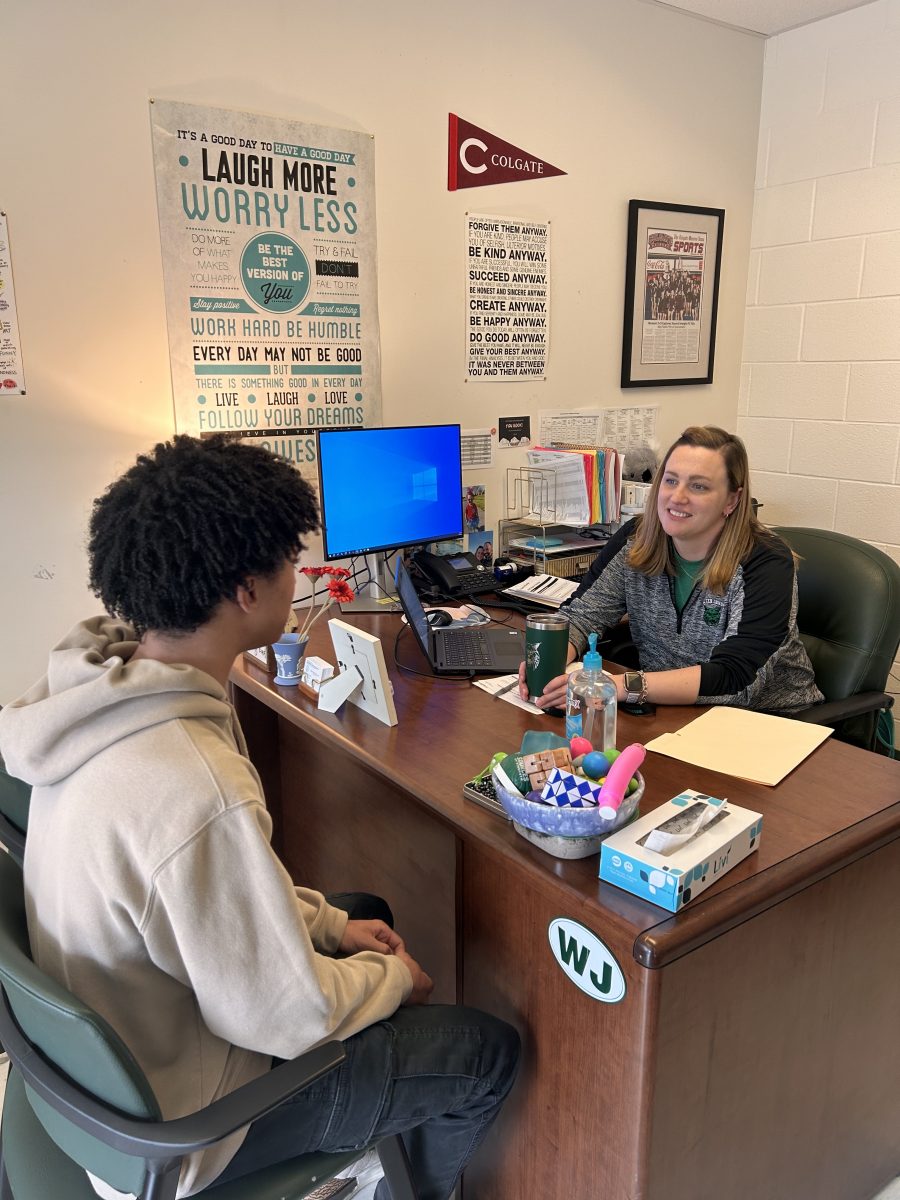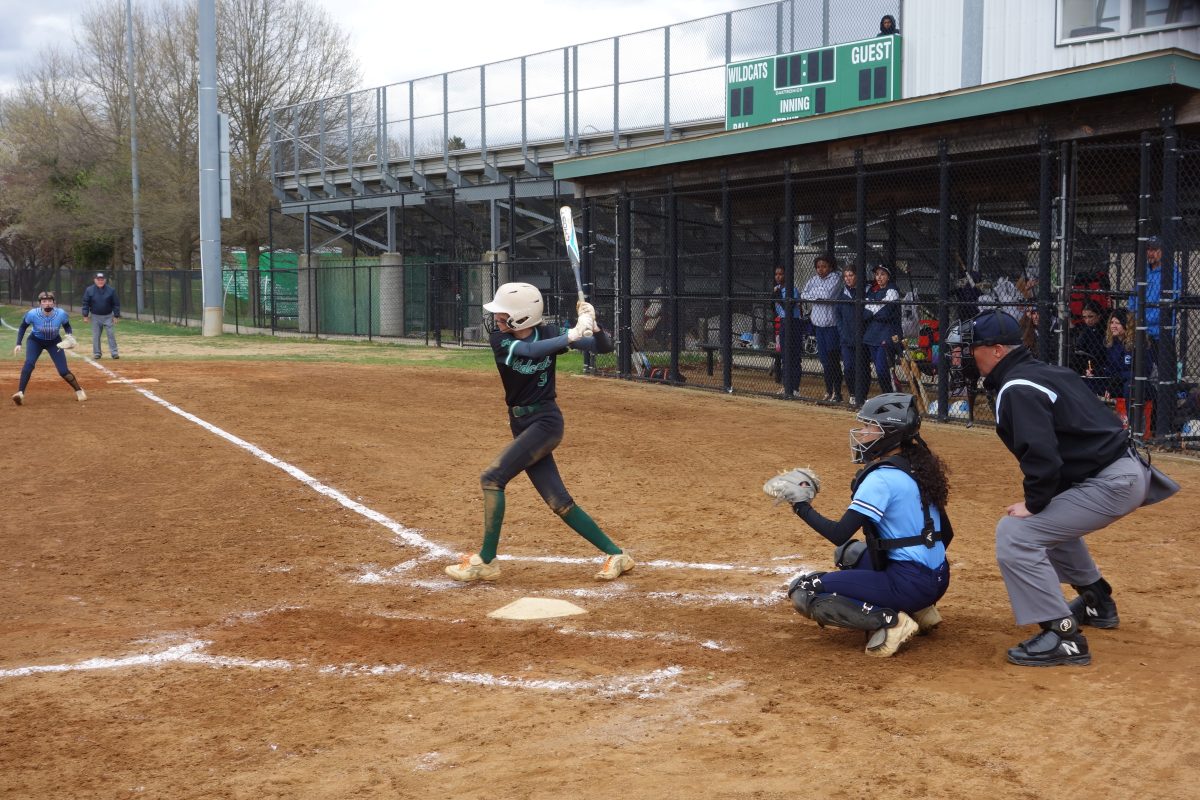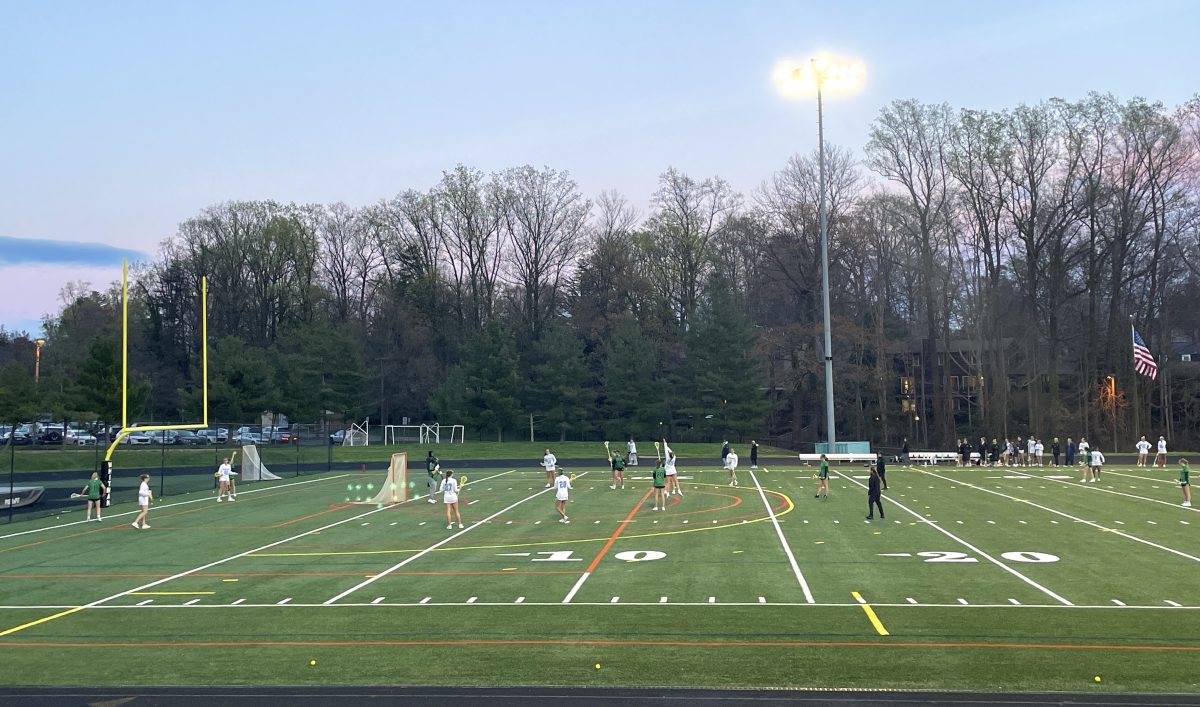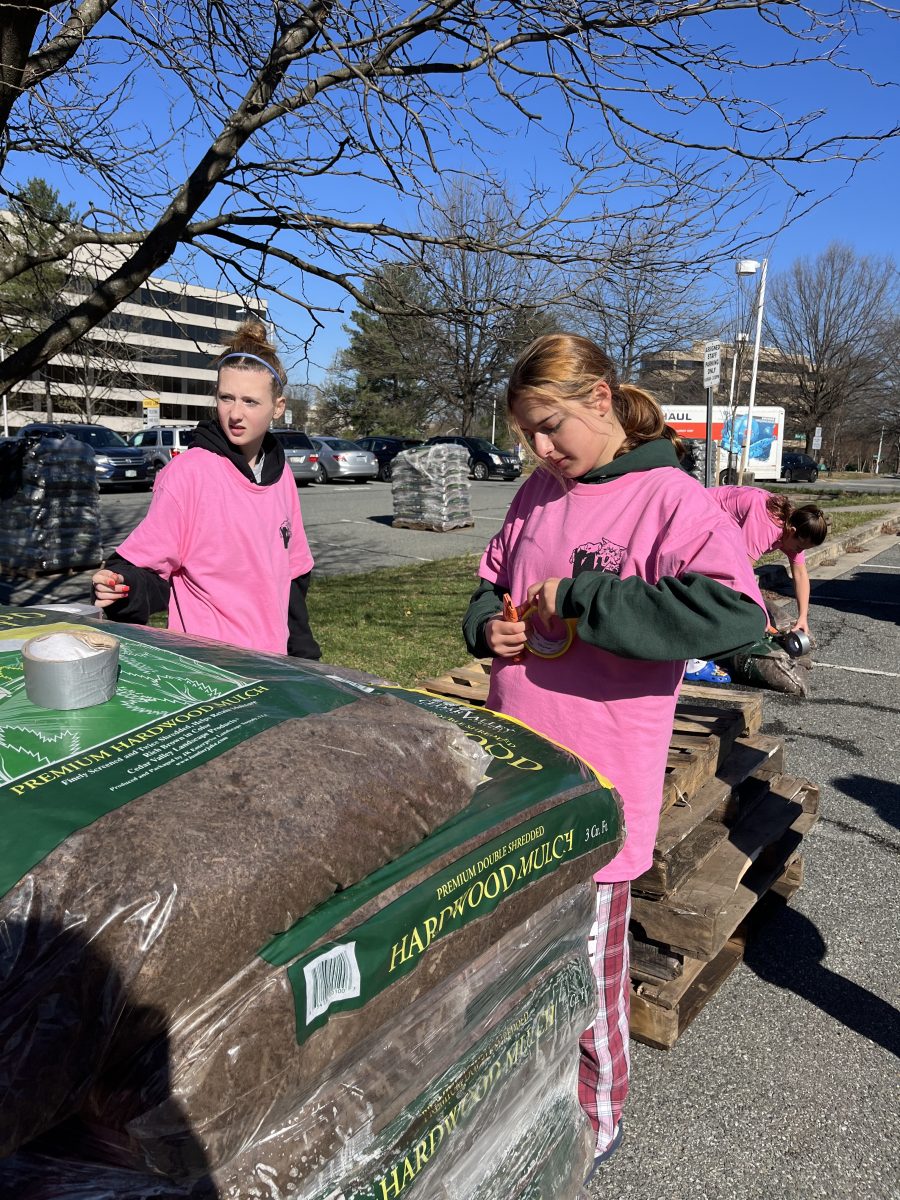The first part of this article discussed the Metro and its challenges with WJ students. Now, we will discuss the system and its future with local policymakers and transit advocates.
Reduced ridership due to the pandemic on many transit systems around the country including the Metro has resulted in a budget problem due to reduced fare revenue. This revenue problem would have resulted in severe service cuts on the Metro but due to federal COVID relief funding, the Metro has been able to maintain a relatively high level of service.
“We were in a situation because of the pandemic crisis and the shutdown of so much economic activity that the transit systems could have completely collapsed. Transportation was in the same situation as healthcare, education, the restaurant industry and other sectors of the economy. Ridership was down more than 90%. So there was no way that the metro systems and the bus systems around the country could support themselves,” Maryland Congressman Jamie Raskin said.
However, this federal funding will soon run out. Speaking to a Congressional subcommittee last year, the General Manager of the Washington Metropolitan Area Transit Authority, the agency that runs the Metro, said that severe service cuts would come if the federal government doesn’t provide additional relief funding.
Montgomery County Councilmember Evan Glass thinks that the federal government should extend more funding to the Metro. He points out the role the Metro plays in transporting federal employees.
We need the federal government to support our transportation network, otherwise the federal government itself is going to have trouble with its workforce.
— Evan Glass
Some say that the Metro doesn’t warrant high service levels due to the reduced ridership. Supporters of public transportation counter by showing the role public transportation plays for the people that use it.
“There are thousands of residents in the DC region who are dependent on public transportation. They don’t own a car, and they have to take the Metro or the bus and their livelihoods are dependent on efficient and safe service. So when it’s suggested that we decrease service levels because of decreased ridership, what we would in fact then be doing is hurting the people who are most dependent on it,” Glass said.
Jane Lyons, who is the Maryland Advocacy Manager for the Coalition for Smarter Growth, also points out that local governments can boost Metro ridership by incentivising the building of dense housing near Metro stations.
“If they’re living close to it, they’ll be more likely to take it,” Lyons said.
On the matter of the environment, transportation is the largest source of carbon emissions by sector according to the Environmental Protection Agency (EPA). This makes decisions around transportation hugely impactful in addressing climate change.
“Metro is critical for environmental reasons. Obviously, people who are not in the thrall of ideological denialism understand the civilizational emergency we are in with climate change. So what we need is practical ways to dramatically reduce greenhouse gas emissions. Replacing the use of carbon based transportation options like cars with the Metro is one very positive step that’s needed today,” Raskin said.
Lyons agrees that Metro and public transportation in general is critical to addressing climate change.
“We know that we are never going to be able to get our largest source of greenhouse gas emissions, which is from transportation, down without getting people out of cars and taking more trips on trains like on metro or on buses or through biking or walking. So, Metro is a really core part of that strategy for our region combating climate change and that’s a really big reason why we can’t let Metro fail,” Lyons said.
The future of the Metro system is currently murky; however, there is no doubt that the future of the Metro will have a large impact on this region and the people who live in it.


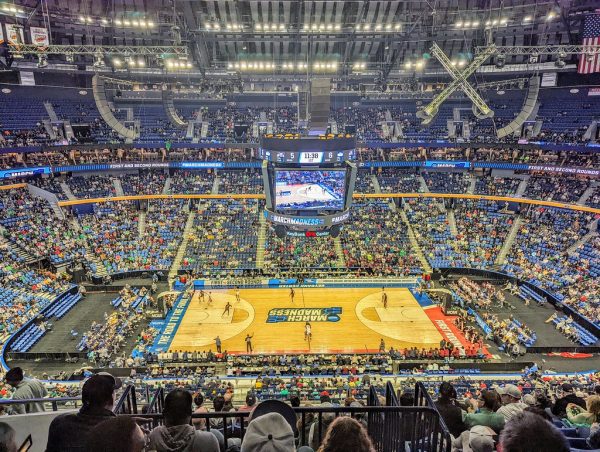
![Sophomore Mason Lee encompasses the persona of his character, Enjolras, during a rehearsal of Act One. I think [rehearsals are] going well and were very on track [with the squedule]... which is good, Student Assistant Director senior Neena Tavik, who is also playing Eponine, said. (Courtesy Sasha Rotton)](https://www.wjpitch.com/wp-content/uploads/2024/03/24466917-801C-45FE-A882-D818DABBDCB8-600x451.jpg)

![Since the collapse of the Baltimore Bridge in late March, federal law enforcement has began investigating what preceded the event. In a statement to CBS News, a spokesperson for the FBI said, [The] FBI is present aboard the cargo ship Dali conducting court authorized law enforcement activity. There is no other public information available and we will have no further comment. (Courtesy Isaac Smay via Flickr)](https://www.wjpitch.com/wp-content/uploads/2024/04/53619368036_399400003a_b-600x400.jpg)
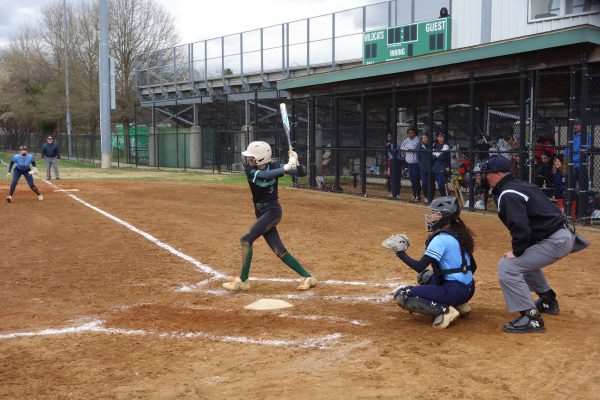





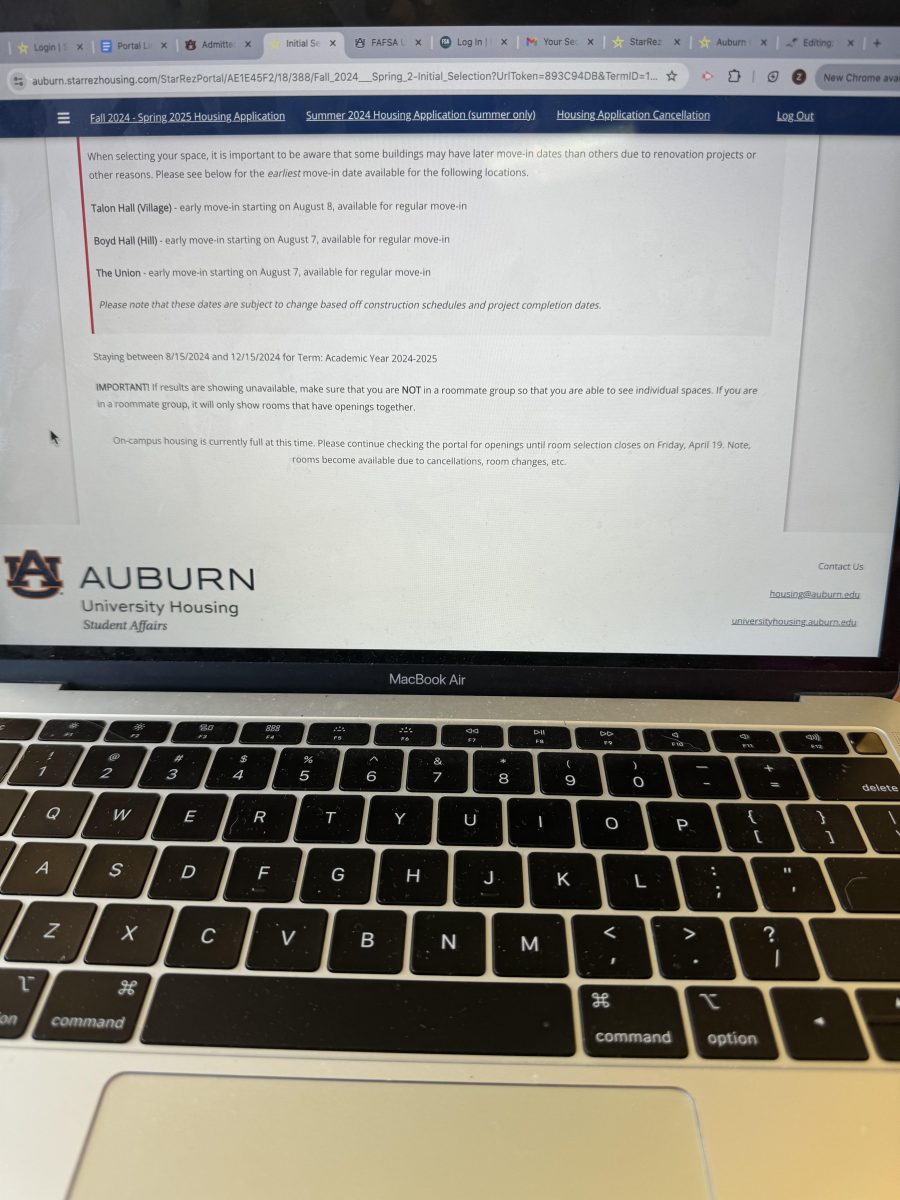
![Since the collapse of the Baltimore Bridge in late March, federal law enforcement has began investigating what preceded the event. In a statement to CBS News, a spokesperson for the FBI said, [The] FBI is present aboard the cargo ship Dali conducting court authorized law enforcement activity. There is no other public information available and we will have no further comment. (Courtesy Isaac Smay via Flickr)](https://www.wjpitch.com/wp-content/uploads/2024/04/53619368036_399400003a_b.jpg)


